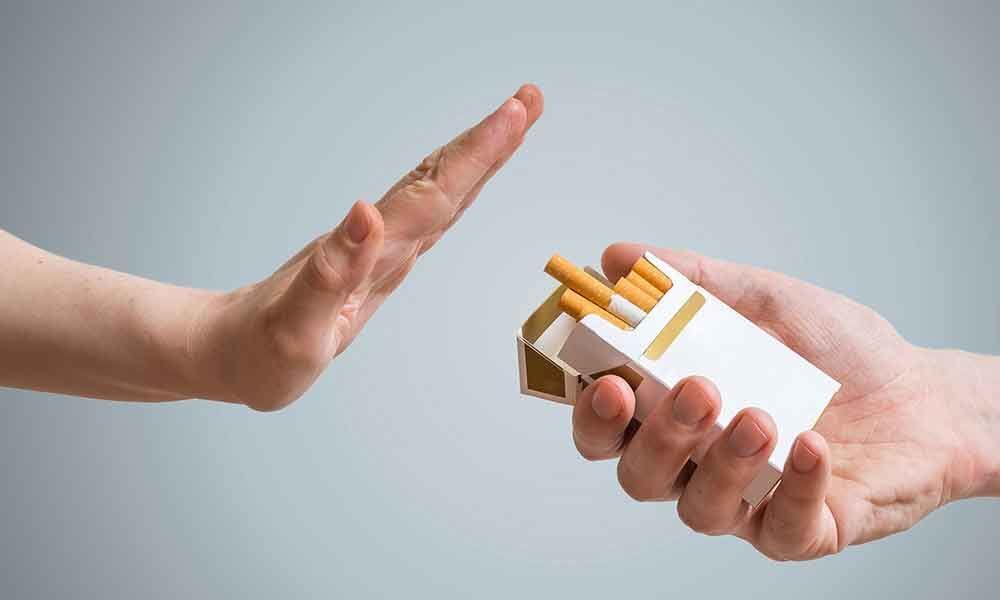Avoid passive smoking at home and workplace to cut BP

Living with a smoker after age 20 is associated with a 15 per cent greater risk of developing high blood pressure, warn researchers, adding that avoiding smoky environments can reduce the risk of hypertension.
London, May 3: Living with a smoker after age 20 is associated with a 15 per cent greater risk of developing high blood pressure, warn researchers, adding that avoiding smoky environments can reduce the risk of hypertension.
Passive smoking at home or work was linked with a 13 per cent increased risk of hypertension.
Exposure to passive smoking for 10 years or more was related to a 17 per cent increased risk of hypertension and men and women were equally affected, said the researchers at "EuroHeartCare 2019", a scientific congress of the European Society of Cardiology, in Milan, Italy on Friday.
"Avoid exposure to secondhand smoke regardless of whether the smoker is still in the room," said study author Professor Byung Jin Kim from Sungkyunkwan University, Seoul, Korea.
"Our study in non-smokers shows that the risk of high blood pressure (hypertension) is higher with longer duration of passive smoking -- but even the lowest amounts are dangerous," Kim added.
This is the first large study to assess the association between secondhand smoke and hypertension in never-smokers verified by urinary levels of cotinine, the principal metabolite of nicotine.
It included 131,739 never-smokers, one-third men, and an average age of 35 years.
Participants with hypertension were significantly more likely to be exposed to secondhand smoke at home or work (27.9 per cent) than those with normal blood pressure (22.6 per cent).
Hypertension was significantly more common in people exposed to passive smoke at home or work (7.2 per cent) compared to no exposure (5.5 per cent).
"The results suggest that it is necessary to keep completely away from secondhand smoke, not just reduce exposure, to protect against hypertension," said Professor Kim.














